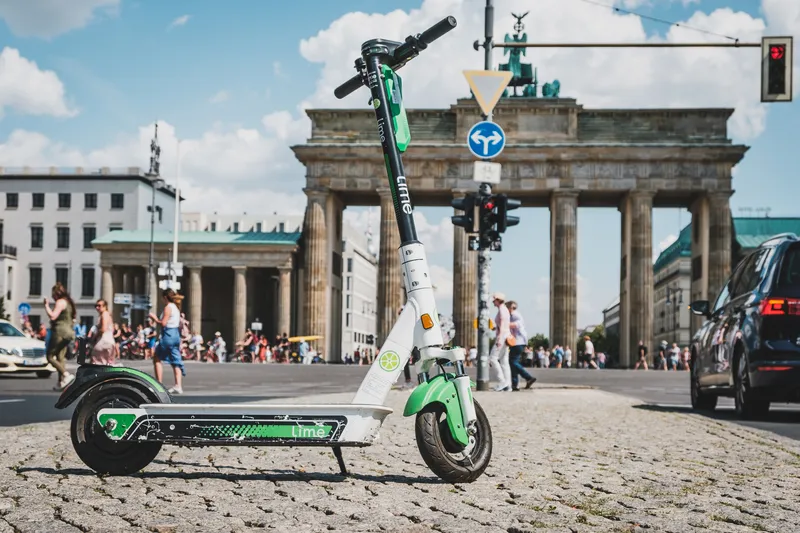
Vianova is to collect mobility data in Berlin as part of a new deal with the Senate Department for Urban Mobility, Transport, Climate Action and the Environment (SenUMVK).
Information from the German capital's 60,000 rental vehicles will flow into the urban mobility management platform, building on Vianova’s existing partnership with public transport operator Berliner Verkehrsbetriebe (BVG).
It is the first time that data from all of Berlin's shared mobility fleets will be aggregated to offer analysis of historical trends, as well as real-time insights.
Berlin transport and mobility senator Manja Schreiner explains: "With the help of the platform, we are now able to visualise and analyse the usage data of all micromobility vehicles active in Berlin at the highest technical level."
The data will be used to improve infrastructure planning, such as around shared mobility parking areas and more general issues of design.
“What is happening in Berlin has great appeal for cities worldwide," says Thibault Castagne, CEO of Vianova. "The city is a pioneer in multimodal and sustainable mobility and it will always be a destination for innovation."
Markus Lübeck, head of Vianova Dach, adds: “A new culture of data-driven mobility management is emerging here. This is being established for the management of shared micromobility because high-quality data is provided cooperatively by the operators. This can then also be transferred to areas where data from connected vehicles is used less today, such as traffic safety or logistics.”










